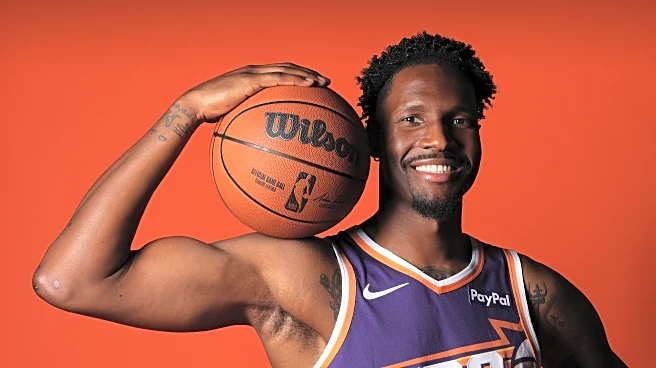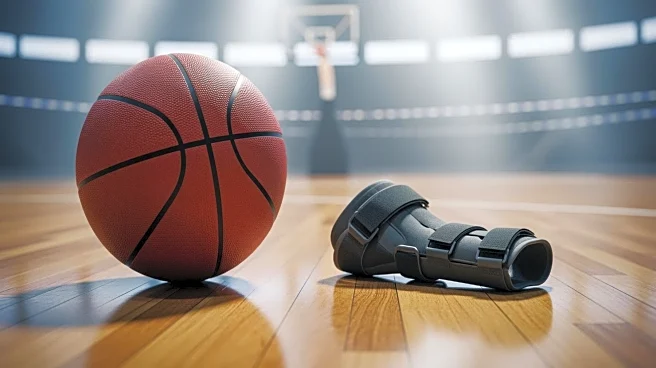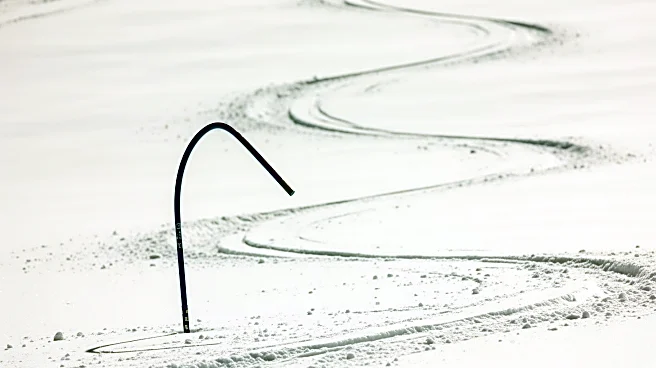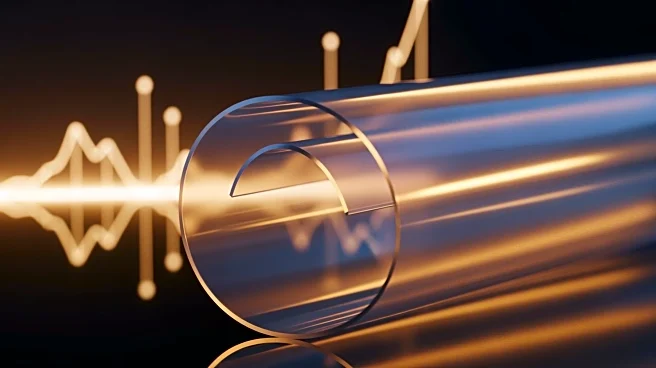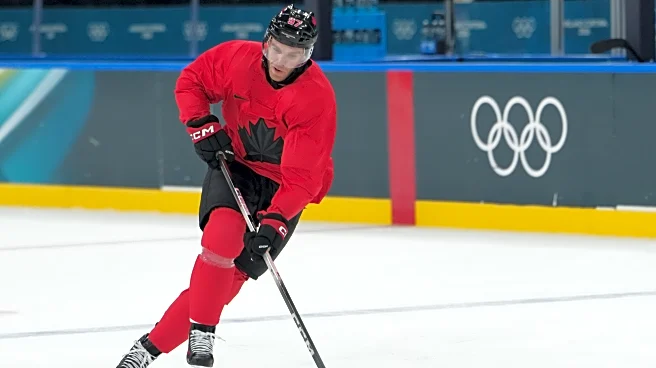After an incredible season in which he led Fenerbahçe to a historic treble, he just swept all domestic and continental titles, while being named MVP of the Final Four. The Suns gave him the opportunity to return to the “Grande Ligue” in July, in a rebuilding team that will allow for more balanced and varied rotations. The question is: to what extent can Hayes-Davis establish himself in the 2025-26 rotation, and what playing time can he attain?
Why is this role possible?
His time on the European stage gives him instant credibility
in a visible role: this is not a risky gamble but a logical one. Whether in Lithuania, Spain, or Turkey, Nigel Hayes-Davis has established himself as a leader, a scorer, and a recognized winner.
Phoenix is in a transition phase. Many changes have been made to the roster and staff, leaving more room for player roles, rookies, and innovative tactics. The goal is to stabilize and balance the “second unit” while preparing for the franchise’s future.
There is no real expectation of winning the title, so there is more room to test tactics, rotations, or combinations — more room to develop young players like Ryan Dunn or Oso Ighodaro — and more room to experiment with players like Nigel Hayes-Davis.
He offers a rare combination. Basketball IQ + defense on multiple positions + the ability to space the court by 3-pointers, which fits the kind of role (3&D) that is valued in the modern NBA. By leveraging his team play and experience at the highest European level, he could become the perfect veteran for the 2025-26 season, in victory as well as defeat.
Nigel Hayes-Davis is a complete defensive wing, intelligent, with very good switching ability, whose impact comes from reading the game and effort rather than pure vertical and explosiveness. The real question for the NBA is whether he can maintain this intensity over the course of an entire season.
A look back at his European statistics and achievements
During his time in Europe, and particularly thanks to his EuroLeague performances in 2024 and 2025, Nigel Hayes-Davis took a huge step forward and established himself as one of the faces of the competition. Leading a conquering Fenerbahçe team, the American forward put in a string of great performances to guide the Turkish club to the top of the European continent.
Crowned European champion in May and voted MVP of the Final Four after a spectacular final (23 points, 9 rebounds, 30 PIR), Hayes-Davis embodied consistency and efficiency this season with an average of nearly 17 points and 5 rebounds per game.
Rewarded with a place in the EuroLeague First Team for the second consecutive year, he cemented his status as a superstar on the European stage, while leading his team to a Turkish league and cup double, competitions that Fenerbahçe dominated.
On March 29, 2024, against ALBA Berlin, Hayes-Davis gave the EuroLeague one of its most memorable moments of the decade. By scoring 50 points, he not only broke the competition record, but also showed off his full offensive arsenal. Long-range shots (9/16), mid-range shots, and powerful drives (9/11), free throws (5/7): he dominated in every aspect of the game, turning a simple regular season game into a historic night.
Before exploding onto the scene at the highest level, Hayes-Davis had already laid the foundations for a solid career in Europe. After playing for Galatasaray, he made his mark with Žalgiris Kaunas, where he won two Lithuanian championships, before joining FC Barcelona and adding a Copa del Rey to his list of achievements.
But it was at Fenerbahçe that his career took on a whole new dimension. Arriving in 2022, he became the undisputed leader of the Turkish team, racking up individual awards and team titles. Before his big return to the NBA, Nigel Hayes-Davis left an indelible mark on Europe.
Possible rotation scenario
I have imagined four different scenarios, which I will discuss from most likely to least likely, while of course being as realistic as possible:
1) Key role in the rotation thanks to good shooting efficiency (~42% from 3-point range last season at Fenerbahçe) — His performances remain consistent, whether facing a contender or a team at the bottom of the table. On defense, he manages his match-ups on the wing well, which allows him to scrape together between 12 and 18 minutes per game, slotting into the rotations behind Royce O’Neal, Dillon Brooks, and Ryan Dunn.
2) With extreme consistency, while taking advantage of injuries and poor performances by his teammates to scrape together playing time, his versatility at the 3-4 positions and his energy on the court already position him as a silent leader of the team—both on and off the court. He could claim 20 to 24 minutes per game, bringing spacing, composure, and smart defense to the Phoenix rotation.
3) He integrated quickly, almost perfectly, establishing himself as the best in his position from the very beginning — his style (3&D) and measurements (6’8″, 224 lbs) are appreciated. He was immediately integrated into Jordan Ott’s tactics. He alternates between sixth man and starter depending on the matchup: +24 minutes per game for a perfect return to the NBA.
4) Things don’t really click for various reasons, such as poor adaptation to the NBA pace — high competition on the wings with Ryan Dunn, Dillon Brooks, Royce O’Neal, Grayson Allen, and Oso Ighodaro — or enormous inefficiency compared to what he offered in Europe. He will get playing time, but his role will be limited depending on matchups or defensive needs. In this scenario, I imagine 8-10 minutes per game.
Determining factors
I think several factors will play a role in the success of these scenarios :
Translation of his 3-point shooting and his ability to score in general: Over his last three seasons at Fenerbahçe, he has consistently averaged over 14 points and shot close to or above 40% from 3-point range. We don’t expect him to have the same responsibilities and volume as in Europe, but there is no doubt that his ability to score efficiently will have a big impact on his playing time. Especially if he continues to shoot ~42-43% from three in the NBA, he could be a valuable option in the rotation.
Defensive adaptation: switches, pace, effort at the end of the game. He will have to prove that he can maintain his intensity over 82 games and against opponents who are much more physical, athletic, and faster than in Europe. There is no doubt about his ability to repeat his efforts against players from the Old Continent, but what about against the ultra-mobile creators of the NBA?
He is versatile, full of desire and energy, and has a very good IQ, but his limitations are clear: a slight lack of lateral speed and almost non-existent rim protection—at least in his ability to block shots—although his contesting and help defense are always of very good quality.
Team context: There will be a lot of competition on the wing, but for now, no one is guaranteed a spot. That’s why he’ll need to make the most of his playing time, which can only be beneficial for him and the team. That’s where it will all come down to: whether he can seize every opportunity he’s given.
Clutch time: At the end of close games—that’s often where playing time is won/defined. His composure earned him the EuroLeague Players Association’s “Clutch Player of the Year” award this season.
Mentoring: Okay, I’m cheating a little here, because being a good locker room leader, mentor, or veteran doesn’t automatically put you in the starting five. But these kinds of qualities can help the coach choose his combinations and rotations during a game. There’s no doubt that NHD will be a respected voice in the young Phoenix locker room.
Verdict and realistic assessment
Given the franchise’s new direction, which is much more focused on progress than on “winning now,” NHD appears to be a perfect fit for this context.
Given his status, the roster, the factors I mentioned, and his own statements, backed up by those of Jordan Ott during Media Day, I think Nigel Hayes-Davis could get a good 15 minutes per game, with peaks of 20-22 minutes if the context and match-ups are favorable.
He is not the player who will enable the Suns to reach new heights, but rather a man who will bring his lucidity and serenity to help the team progress smoothly together.
In short, if Phoenix is looking for a dose of consistency and maturity to accompany its young (and not-so-young) players, Nigel Hayes-Davis could well be the quiet but valuable piece of this new era in Arizona. What do you think? Am I exaggerating…or am I still being too cautious?
